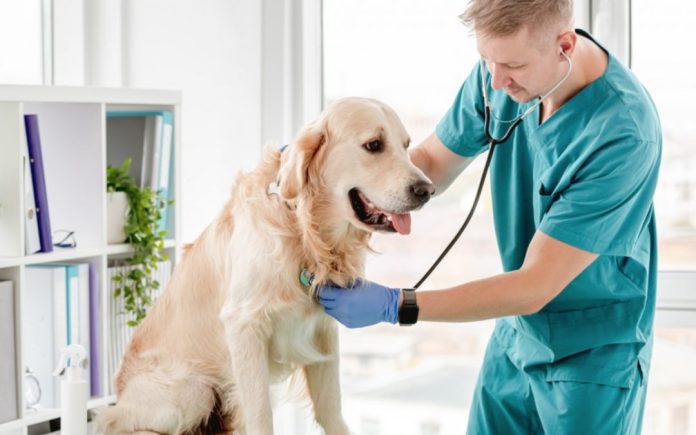Caring for your pet’s health involves attention to early signs of illness. You rely on experts who can spot and address problems before they become severe. At Fair Oaks animal hospital, veterinarians play a crucial role in safeguarding your pet’s well-being. They use their skills to notice subtle changes in behavior, appetite, or energy levels. You benefit from their ability to detect early signs of illness, ensuring timely treatment. By recognizing symptoms like coughing, limping, or unusual discharge, veterinarians can identify potential issues. You should pay attention to these signs and seek professional guidance. This proactive care helps keep your pet healthy and lively. Regular check-ups at Fair Oaks animal hospital offer peace of mind, knowing your furry friend receives the best care. This commitment to early detection and treatment strengthens the bond between you and your pet. It’s about giving them the chance to lead a happy, healthy life.
Understanding Early Signs
Early detection of illness in pets often starts with you. Observing subtle changes can make a difference. Common signs include changes in eating or sleeping patterns, unusual thirst, and differences in social behavior. Vets use these cues to identify issues that might not be obvious. Visits to the veterinarian allow for a professional examination, which may uncover hidden problems.
Routine Exams Matter
Regular vet check-ups are key. These visits involve thorough physical exams. Vets check vital signs like heart rate and temperature. Routine blood tests may also be conducted. According to the American Veterinary Medical Association, these tests help in early identification of diseases. This proactive approach reduces the risk of illnesses progressing to severe stages.
Common Diagnostic Tools
Veterinarians use various tools for diagnosis. Blood tests reveal infections, anemia, or organ issues. X-rays help identify fractures or internal problems. Ultrasounds provide insight into organ health. These tools ensure accurate diagnosis and appropriate treatment.
Treatment Options
Treatment depends on the diagnosis. For infections, antibiotics are often prescribed. Chronic illnesses might require ongoing medication. Surgery may be necessary for serious conditions. Preventive measures like vaccinations also play a part. The Centers for Disease Control and Prevention emphasizes the importance of maintaining up-to-date vaccinations to prevent diseases.
Table: Common Signs and Their Implications
| Sign | Possible Implications |
|---|---|
| Excessive Thirst | Kidney Disease, Diabetes |
| Unusual Lethargy | Infection, Pain, Anemia |
| Sneezing, Coughing | Respiratory Infection, Allergies |
| Limping | Injury, Arthritis |
Importance of Prevention
Prevention is often more effective than treatment. A balanced diet and regular exercise keep pets healthy. Routine vaccinations protect against common diseases. Consistent flea and tick prevention is also crucial. These steps reduce the likelihood of developing serious health issues.
Conclusion
Safeguarding your pet’s health starts with early detection. Recognizing and acting on early signs of illness ensures prompt treatment. This approach enhances your pet’s quality of life, offering them the best chance for a happy and healthy existence. By working with veterinarians, you provide the necessary care and attention your pet deserves.






